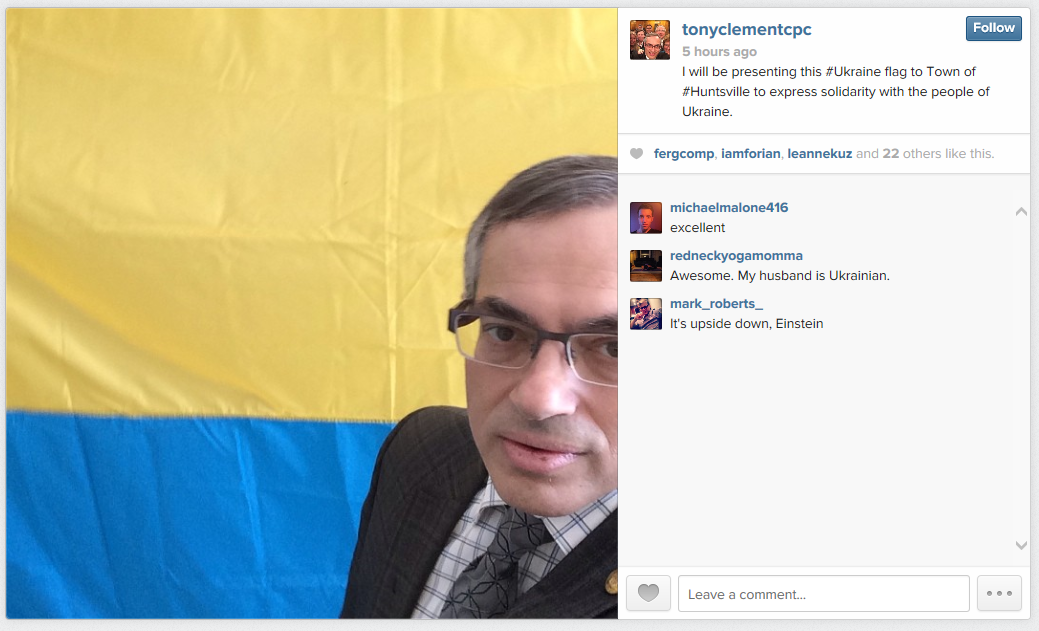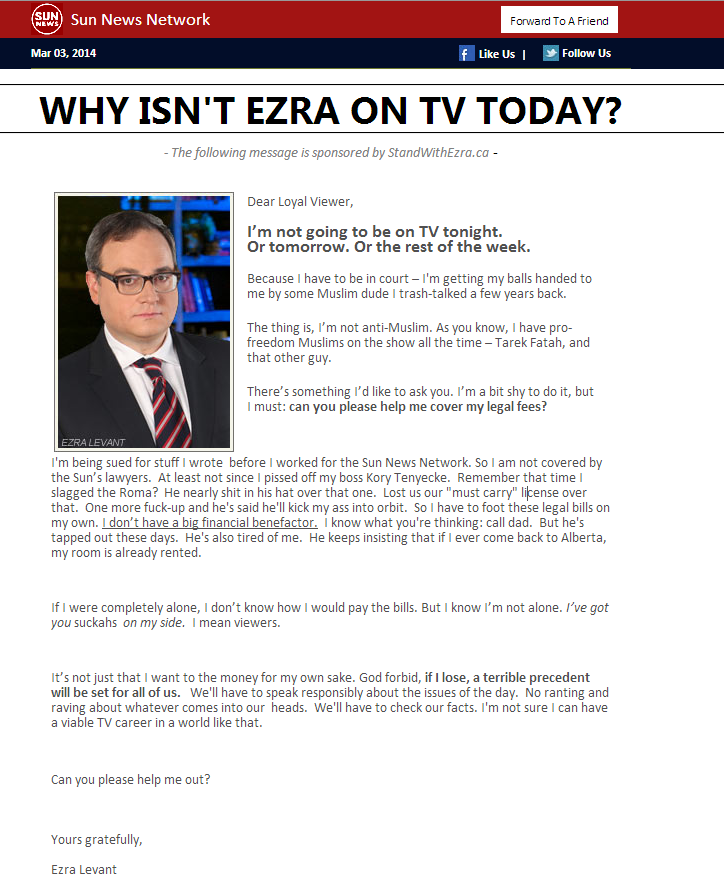I've written fairly extensively on the topic of
Michael Mann's defamation case against Mark Steyn. Earlier this month, having fired, or been fired by, his lawyers, Mark Steyn appealed to the Internet to help build a case for claiming that, when he described Michael Mann's work as "fraudulent", he was
not accusing him of scientific misconduct.
Canadian climate change denier Steve McIntyre has now stepped up to make that case. It's not going to help.
As usual, reading through McI's writing at Climate Audit is a joyless experience. There's veiled accusations, insinuations, quote-mining, tortured semantics ...the works. It's a hard job to boil it down to some at-bottom essence. I am going to focus on
this post, mostly because it's been
reproduced uncritically at
The Volokh Conspiracy blog, a right-wing legal blog which the
Washington Post has, for some reason, decided to carry, and where it may therefore be seen by a larger audience. The end-point of McI's argument is that Michael Mann was
not exonerated by the many, many panels, boards, and etc. which investigated him. Therefore Steyn's claim, that Mann's results were "fraudulent", can somehow be supported. That's what I gather, at least, having read through his original piece and its regurgitation at the VC site twice now.
McI's analysis of the Oxburgh Panel's report lean quite heavily on a few tossed-off comments made by statistician David Hand at a press-conference announcing the panel's findings. These remarks were widely reported at the time. McI quotes three or four press outlets, but I will reference just
The Daily Telegraph, which seems to have reproduced them most extensively:
Professor David Hand said that the research – led by US scientist Michael Mann – would have shown less dramatic results if more reliable techniques had been used to analyse the data… But the reviewers found that the scientists could have used better statistical methods in analysing some of their data, although it was unlikely to have made much difference to their results.
That was not the case with some previous climate change reports, where “inappropriate methods” had exaggerated the global warming phenomenon. Prof Hand singled out a 1998 paper by Prof Mann of Pennsylvania State University, a constant target for climate change sceptics, as an example of this. He said the graph, that showed global temperature records going back 1,000 years, was exaggerated – although any reproduction using improved techniques is likely to also show a sharp rise in global warming. He agreed the graph would be more like a field hockey stick than the ice hockey blade it was originally compared to. “The particular technique they used exaggerated the size of the blade at the end of the hockey stick. Had they used an appropriate technique the size of the blade of the hockey stick would have been smaller,” he said. “The change in temperature is not as great over the 20th century compared to the past as suggested by the Mann paper.”
So, to begin with, let's assume that David Hand is strictly speaking correct here. Mann's research team could have used more appropriate statistical techniques, and these would have given less "exaggerated" results. Although the results obtained were not greatly exaggerated, because as Hand notes better techniques would also have shown "a sharp rise in global warming". The work might have been done more carefully, in other words, but the fact it wasn't doesn't matter much.
This a long, long way from an accusation of scientific misconduct. And remember,
previous judges have already concluded that in this particular setting Steyn's use of "fraudulent" = "scientific misconduct. There is no colloquial sense of the term where it means something less serious. So how this is suppose to help Steyn's case is a little bit mysterious.
But, of course, it's pretty clear that Hand has got his facts bungled. Mann's team was interested in a paleoclimatic reconstruction--in an attempt to determine temperature changes
before the instrumental record. This work took the 20th century instrumental record, which shows rapid increases in temperature,
as a given, and did nothing to transform it in either an exaggerated or any other manner. Therefore Hand's criticism seems to have little merit.
And it is significant that shortly after the Panel published its findings, it added the following addendum to them:
Addendum to report, 19 April 2010
For the avoidance of misunderstanding in the light of various press stories, it is important to be clear that the neither the panel report nor the press briefing intended to imply that any research group in the field of climate change had been deliberately misleading in any of their analyses or intentionally exaggerated their findings. Rather, the aim was to draw attention to the complexity of statistics in this field, and the need to use the best possible methods.
As
I argued at the time, this sounds pretty close to a grovelling apology. Oddly enough, McI and the folks at the VC blog interpret it differently:
Note that this statement doesn’t actually offer an opinion on whether the (criticized) findings were “deliberately misleading” or “intentionally exaggerated,” merely stating that their comments were not intended to imply this accusation.
This strikes me as semantic noodling, but if we are going to engage in such things, note that the addendum references not just Mann's team but "any research group in the field of climate change". So if it is refusing to offer an opinion of Mann's work, it is also refusing to offer one on the work of the CRU scientists who were the subject of its investigation in the first place. And such a stance would be ridiculous given the reason for the panel's existence.
Finally, McI seems to be claiming that, since the panel was not investigating Mann directly, it cannot "exonerate" him. Indeed, the Oxburgh Panel had other concerns, and if I remember events correctly,
it was only when a small group of deniers within the U.K. Institute of Physics hijacked a sub-committee and used it to spread the accusations of misconduct more broadly, that Mann and his team were dragged into this mess. But insofar as the panel touched on Mann's work, it cleared him of wrong-doing. Other investigations, more directly focused, cleared him in a more decisive fashion. And it's more than a little silly that McI would lean on a non-existent colloquial sense of "fraudulent" while insisting on a legalistic reading of "exonerate".










.png)


